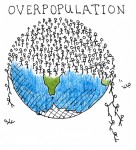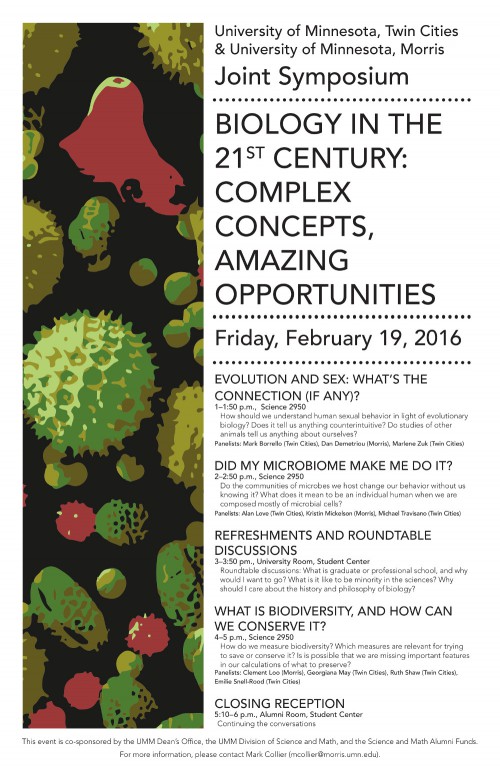I have many peeves, but one of them is this: the near-permanent state of anxiety some people have about fertility. Not just their personal fertility (anxieties about too much or too little of that are reasonable), but cultural fertility. We are apparently doomed if not enough of the right people, and by that they usually mean us white people, have enough babies. My annoyance is prompted by this post, in which a man-baby predicts the end of the Western world, because feminists don’t have enough children.





